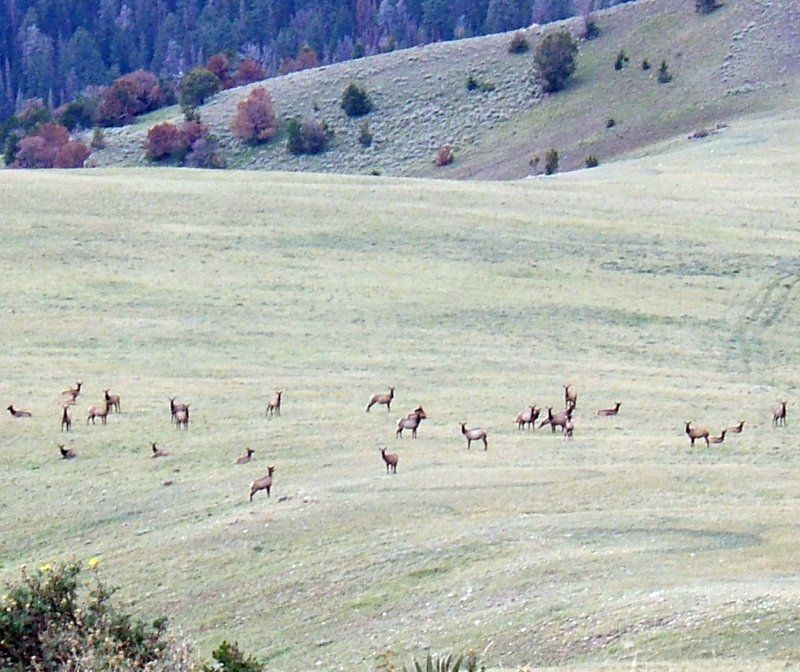The Wyoming Game and Fish Department’s survey, data collection, and modeling protocols have evolved over the years but may not be optimized to allow efficient management of mule deer and other ungulates under current fiscal, logistical, or environmental constraints. There is a need to ensure monitoring and modeling practices generate the most accurate and cost-effective population estimates possible. Model estimates of herd abundance receive considerable scrutiny from the general public, legislators and other non-management stakeholders due to the economic and social value of game species.

Further, across the western U.S., there is a general call for standardizing data collection and sharing of ungulate monitoring data to enable needed regional analyses such as those addressing climate change or habitat alteration.
The primary objectives of the project are to: i) evaluate sources of uncertainty in current ungulate monitoring procedures, ii) determine the sensitivity of ungulate population models to variation in vital rates and extrinsic drivers, iii) evaluate the effectiveness of different types of deer monitoring programs, including population surveys and survival studies, and iv) develop parameter estimation procedures to best characterize population dynamics given various sources of field data from annual monitoring.
Contact
Tom Morrison, Postdoctoral Researcher
Wyoming Cooperative & Wildlife Research Unit
Dept. 3166, 1000 E. University Avenue
Laramie, WY 82071
tmorri19@uwyo.edu
office: (307) 766-9104
Bob Lanka
Wyoming Game and Fish Department
Cheyenne, WY 82006
bob.lanka@wgf.state.wy.us
office: (307) 777-4600
Project Lead
Tom Morrison: Tom has general interests in demography, plant-herbivore interactions and the population consequences of wildlife migration. He previously worked with the Nebraska Game and Parks Commission to understand bighorn sheep movements and demography. Between 2012 and 2014 he studied savannah tree dynamics in Serengeti National Park, Tanzania with Michael Anderson of Wake Forest University. MORE »

Funding & Partners
Wyoming Game & Fish Department
